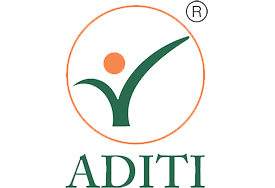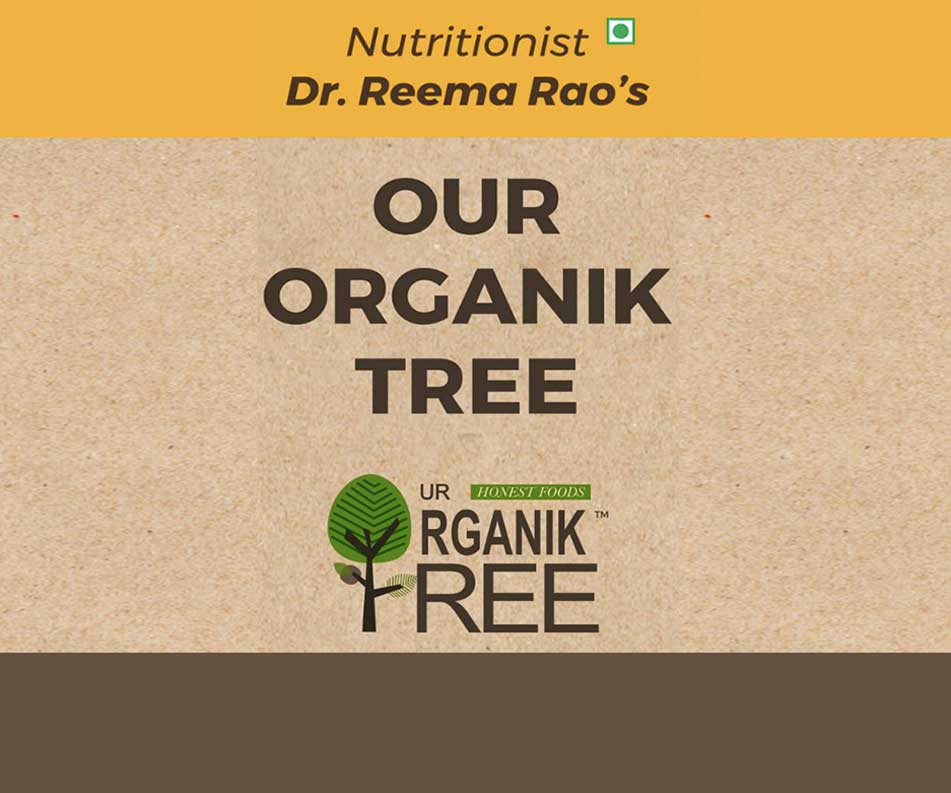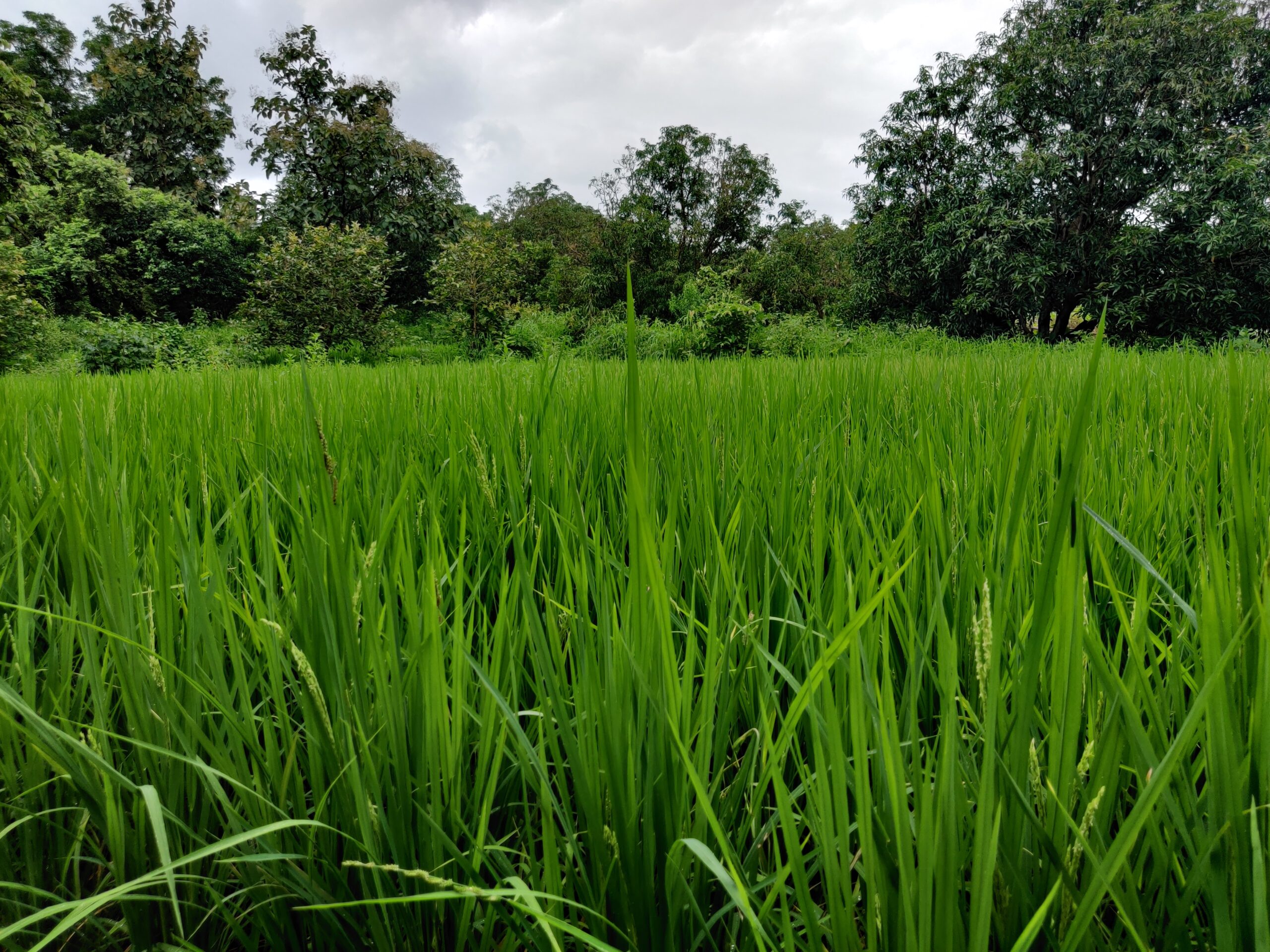Our Story
Our Organik Tree is an exclusive boutique brand. It was conceived in the yogic kitchen with the desire to nourish my own family with healthy food, free of chemicals & pesticides.
Our mission is to reach out to the like-minded, those who are also looking for a wholesome, nutritious, organic food experience.We started this brand to be able to consume genuine, organic produce. The prevalence of malpractices in the field, like the use of synthetic chemicals & pesticides to increase the yield, or the sale of inorganic products disguised as organic to meet the growing demand for organic products, led us to look for alliances with people who shared our commitment to be genuine, authentic and honest.
At Our Organik Tree, we do not force produce out of Mother Earth using harsh growth promoters; rather, we replenish our stock based on Mother Earth’s clock, waiting the process out for fresh, nutritious produce.
Our Vision
Our Organik Tree’s vision is to emphasize sustainable ways of living that respect the natural environment and processes around us.
We strive to be constantly mindful of the wellbeing of our children, their future children, our farmers, and Mother Earth.
WHY ‘OUR ORGANIK TREE’?
1. Our Philosophy
At Our Organik Tree, we believe the food we eat has a direct impact on our body, mind and emotional state of being. The belief that food is medicine is at the core of our work, and we constantly engage with our co-workers to operate from a place of responsibility, trustworthiness, accountability, reliability, and inter-connectedness. We foster a sense of devotion and consciousness in our team, so that with every grain we touch, we transfer nourishment, health, and holistic wellbeing to our customers.
2. What does Organic mean for Our Organik Tree?
At Our Organik Tree, organic means to support the processes of nature rather than to interrupt them. Our approach to farming is socially and environmentally responsible. All our products are grown from non-GMO seeds and without any artificial chemicals like synthetic pesticides, fungicides, fertilizers and growth hormones. We invest time, labor and money into traditional methods of manual cultivation and weed management. To protect our products from pests, we use natural predators, neem oil, bio fungicides and processes like crop rotation. We rely heavily on the natural breakdown of organic matter to rejuvenate our soils with minerals and nutrients.
Our products are rich with essential nutrients, grown using processes that respect our ecosystem, and completely free of artificial chemicals.
3. Our Certifications

Our farmers & farming communities employ organic methods of farming, right from preparing the land to harvesting the crop to storing the organic produce. We procure our products from all over India, carefully identifying where each product grows most optimally based on the temperature, humidity and soil quality it requires. All the farming processes at our organic farms are strictly audited by certifying agencies accredited by The Agricultural and Processed Food Products Export Development Authority (APEDA).
We also procure some products from indigenous farming communities that have used Vedic, sustainable methods of farming for decades. Even though these communities farm organically, they do not always have access to expensive certifications. At Our Organik Tree, products from these communities are described as ‘Organic by Trust’.

Organic Certificate No.: ORG/SC/2101/00033

Accreditation No. of Aditi: NPOP/NAB/0017

FSSAI: 21516025000048
4. Quality and Hygiene
At Our Organik Tree, all our products are 100% organic, grown using authentic, natural methods of farming. All our farmers religiously follow all the necessary steps of organic farming. We are not casual in our approach; we personally conduct surprise visits to our organic farms to ensure adherence to procedure. Additionally, all our organic produce undergoes thorough daily inspection, cleaning and sorting to maintain a high standard of hygiene.
5. Our Promise to you
WHAT DOES IT MEAN TO GO ORGANIC?
Organic
- No synthetic pesticides, fungicides, and herbicides used in production
- Grown using natural fertilisers like green manure, compost, animal excreta
- Genetically modified organisms (GMO) are not used; non-GMO seeds are used that are more resistant to changes in abiotic (water and temperature) and biotic (pest and diseases) factors
- Weeds are controlled manually by, mulching, tilling, and hand weeding
- Insects are controlled using natural solutions like insect predators, good insects, neem oil, and crop rotation (to confuse the pests)
- Regenerative methods of farming like crop rotation, composting, etc. to maintain soil quality and fertility; higher soil organic matter increases sequestration of carbon from the atmosphere
- Sustainable water usage through drip irrigation, conservation tillage, and by increasing soil organic matter to improve water retention capacity
- Maintains crop diversity rather than adopting monoculture; weed suppression rather than weed elimination
- Environmentally sustainable
- Supports the livelihood of small farmers
- Labor intensive; provides more jobs per unit area than conventional farming
- Does not cause damage to health through any artificial chemicals
Inorganic/Conventional
- Heavy use of chemicals and pesticides like DDT
- Grown using synthetic or chemical fertilizers
- GMO seeds are used to increase crop yield
- Weeds are controlled using herbicides
- Heavy insecticides are used to manage pests & diseases
- Artificial chemicals can cause several health problems
- Weakened immune system increases risk of being infected with various diseases
- Intensive chemical use can cause environmental problems like eutrophication
- Decreases crop diversity by adopting monoculture
- Intensive use of machinery
- Due to continuous exploitation the soil quality deteriorates
- Focuses on large-scale production
- Processes like stubble-burning used
- Environmentally unsustainable
- Rural land-holders and farmers can lose livelihoods as their soil becomes infertile
What chemicals and pesticides do to our bodies according to research
- Pesticide exposure at an early age may cause developmental delays, behavioral disorders, autism, immune system damage and motor dysfunction
- Children and foetuses are most affected because pesticides can even be passed from mother to the child in the womb
- Pesticides affect the brain development and nervous system even years after the initial exposure
- Years of accumulated pesticide exposure leads to frequent headaches, birth defects and added strain on a weakened immune system
- Pesticides increase the risk of being diagnosed with cancers like leukemia, lymphoma, brain tumours, breast cancer and prostate cancer
Why are organic products expensive?
Many factors contribute to the cost:
- Obtaining organic certification from certifying agencies is very expensive
- Yield from organic farming is much smaller than the yield from conventional farming because growth enhancers and promoters are not used to increase production
- Without synthetic pesticides, some output can go to waste due to infestation
- The amount of labour required per unit of output is very high because organic farming relies on traditional methods like removing weeds by hand and sorting grains manually
- Organic farming is relatively small-scale, and so does not benefit from the economies of scale enjoyed by larger, commercial farms; therefore, average cost remains high
- Organic farmers require more subsidies to cover their costs
Your Contribution
With every product you purchase, you support the livelihood and well-being of our farmers and their families. By going organic, you empower our farmers to continue using genuinely sustainable agricultural practices that serve and protect nature amidst a worsening climate crisis.


